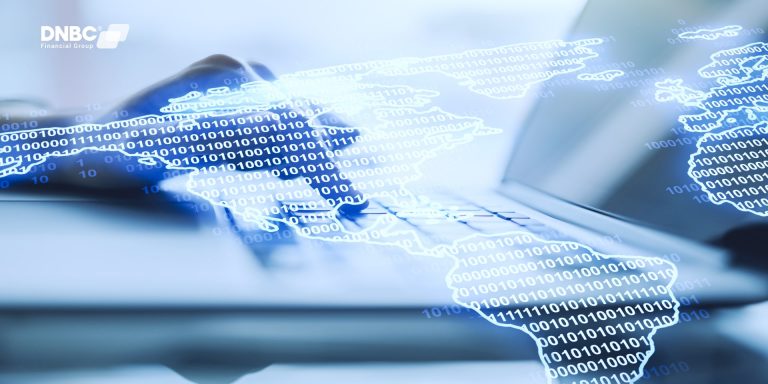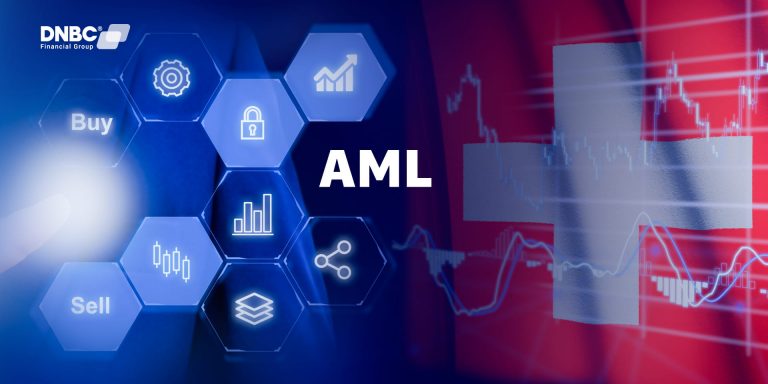Or please contact DNBC
Email: [email protected]
Phone Number:
- +65 6572 8885 (Office)
- +1 604 227 7007 (Hotline Canada)
- +65 8442 3474 (WhatsApp)
You are in


Apr 13, 2024


Apr 10, 2024


Apr 13, 2024


Apr 10, 2024


Jun 07, 2023

Mar 29, 2024

Apr 05, 2024

Apr 04, 2024
Or please contact DNBC
Email: [email protected]
Phone Number: